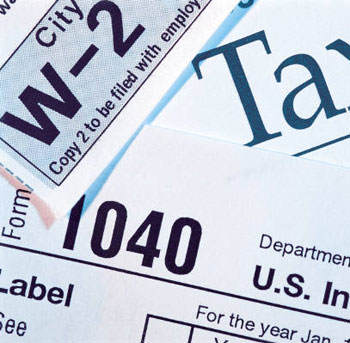
Will Bankruptcy Discharge My Back Taxes?
A bankruptcy may be able to discharge many of your debts, although taxes are not typically among them. In most cases, debtors will still be liable for paying taxes even after a bankruptcy is discharged. However, there are ways that debtors may be able to discharge some or all of their tax liability if certain requirements are met.
How Are Taxes Treated in Bankruptcy?
Debtors are more likely to be able to discharge debt in a Chapter 7 bankruptcy than Chapter 13. This is because a Chapter 7 is designed to be a “liquidation” bankruptcy in which the debtor admits that he or she does not have the assets to repay most or all of his or her debts. In Chapter 13 cases, the debtor is already making monthly payments to a trustee, so at least some of the tax debt will usually be included in these payments. The factors that influence the decision on whether tax can be discharged include the type of tax in question, the age of the debt and whether the debtor filed a return. Federal income tax may be dischargeable under a Chapter 7 plan if the tax meets certain conditions. Generally, the tax must be on income; the debtor must have filed a legitimate return at least two years before the bankruptcy; the tax liability must be at least three years old; and the IRS must have assessed the debt at least 240 days prior to the bankruptcy filing. Furthermore, the debtor cannot have committed willful tax evasion or tax fraud. Penalties may be dischargeable on taxes that are eligible for discharge. If the debtor does receive a discharge on the tax debt or on penalties, the IRS is bound by the same restrictions as any other creditor in being unable to take action against a debtor to recover the debt. However, any liens placed on property will remain in place, even if the discharge is granted.
What Types of Tax Are Ineligible for Discharge?
The following types of tax debt cannot be discharged under Chapter 7 bankruptcy guidelines:
- Penalties from debt that is ineligible for discharge. If the tax debt cannot be discharged, the penalties cannot be discharged either.
- Debt from unfiled tax returns. If the debtor has failed to file a return within two years of filing bankruptcy, he or she cannot include those taxes on a discharge request.
- Trust fund taxes or withholding taxes. If such taxes are withheld from a by an employer, the employee cannot discharge them.
If you have questions about bankruptcy, contact the experienced Phoenix bankruptcy lawyers at Oswalt Law Group in Phoenix.
